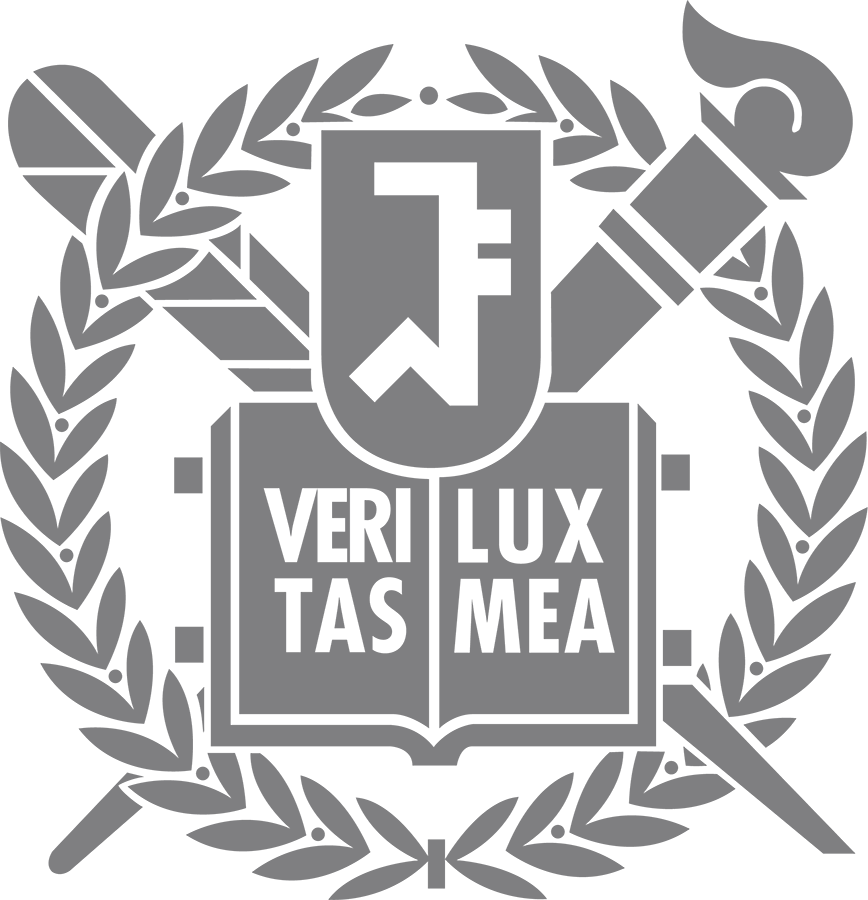Seminar and Event
FLAME SPREAD OVER CHARRING MATERIALS
Seminar Date
2002-07-10
Author
오군규
Date
2002-07-10
Views
1600
1. 제 목 : FLAME SPREAD OVER CHARRING MATERIALS
2. 연 사 : Prof. Arvind Atreya
(Dept. of Mech.Engineering & Applied Mechanics,The Univ.of Michigan, Ann Arbor )
3. 일 시 : 2002년 7월 15일 (월) 10:20 -
4. 장 소 : 서울대 정밀기계설계공동연구소 국제회의실(136동 1215호)
5. 내 용 :
Two aspects of flame spread over charring materials like wood, commonly found in building fires, are investigated both experimentally and theoretically: i) solid-phase decomposition leading to char formation, and ii) heat and mass transfer during flame spread with the objective of developing a model of the phenomena. Subsequently, a theoretical description of a diffusion flame spreading against the wind on a semi-infinite charring solid is presented. This model extends the previous flame spread models on “vaporizing” solids to charring materials and provides a realistic description of the gas phase. To make the problem analytically tractable, a mixture fraction approach is used in the gas-phase and the no-slip boundary condition is satisfied only for x>0. The steady-state coupled elliptic equations for conservation of energy, mixture fraction and momentum in the gas-phase and conservation of energy in the char and the pristine solid are solved exactly by using orthogonal parabolic coordinates. A general analytical solution is presented that reduces to deRis’ flame spread formula in the limit of zero char thickness and with similar assumptions. The growing char layer in the solid-phase has considerable influence on the flame spread rate. It is seen that formation of a thicker char layer significantly retards the spread rate. Unique steady-state solutions for the parabolic char-material interface were found to exist only for Stefan number > −1. For Stefan number = −1 (i.e., exothermic), two solutions were found. One of these solutions corresponds to the location of the char-solid interface at infinity, indicating the likelihood of a thermal runaway. This happens regardless of the material property values. Thus, char formation appears to an attribute of materials that makes them fire resistant.
6. 약 력 :
Professor of the Dept. of Mechanical Engineering at the University of Michigan in Ann Arbor.
Ph.D. Engineering Sciences from Harvard University, 1983
S.M. in Engineering Sciences from Harvard University,1978
B.S. in Mechanical Engineering from IIT, Delhi in 1975.
7. 문 의 : 민 경덕 교수(Tel. 880-1661)
2. 연 사 : Prof. Arvind Atreya
(Dept. of Mech.Engineering & Applied Mechanics,The Univ.of Michigan, Ann Arbor )
3. 일 시 : 2002년 7월 15일 (월) 10:20 -
4. 장 소 : 서울대 정밀기계설계공동연구소 국제회의실(136동 1215호)
5. 내 용 :
Two aspects of flame spread over charring materials like wood, commonly found in building fires, are investigated both experimentally and theoretically: i) solid-phase decomposition leading to char formation, and ii) heat and mass transfer during flame spread with the objective of developing a model of the phenomena. Subsequently, a theoretical description of a diffusion flame spreading against the wind on a semi-infinite charring solid is presented. This model extends the previous flame spread models on “vaporizing” solids to charring materials and provides a realistic description of the gas phase. To make the problem analytically tractable, a mixture fraction approach is used in the gas-phase and the no-slip boundary condition is satisfied only for x>0. The steady-state coupled elliptic equations for conservation of energy, mixture fraction and momentum in the gas-phase and conservation of energy in the char and the pristine solid are solved exactly by using orthogonal parabolic coordinates. A general analytical solution is presented that reduces to deRis’ flame spread formula in the limit of zero char thickness and with similar assumptions. The growing char layer in the solid-phase has considerable influence on the flame spread rate. It is seen that formation of a thicker char layer significantly retards the spread rate. Unique steady-state solutions for the parabolic char-material interface were found to exist only for Stefan number > −1. For Stefan number = −1 (i.e., exothermic), two solutions were found. One of these solutions corresponds to the location of the char-solid interface at infinity, indicating the likelihood of a thermal runaway. This happens regardless of the material property values. Thus, char formation appears to an attribute of materials that makes them fire resistant.
6. 약 력 :
Professor of the Dept. of Mechanical Engineering at the University of Michigan in Ann Arbor.
Ph.D. Engineering Sciences from Harvard University, 1983
S.M. in Engineering Sciences from Harvard University,1978
B.S. in Mechanical Engineering from IIT, Delhi in 1975.
7. 문 의 : 민 경덕 교수(Tel. 880-1661)

